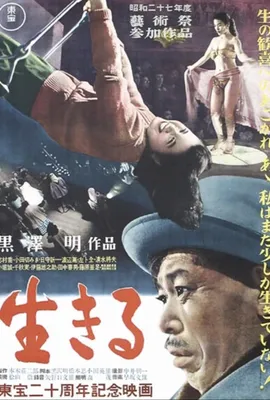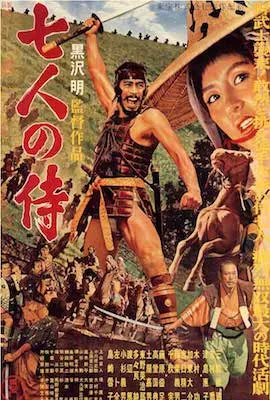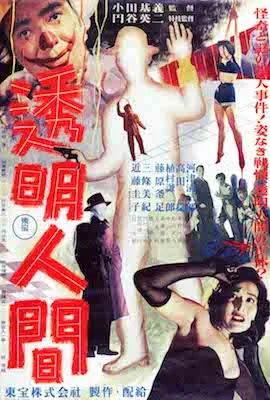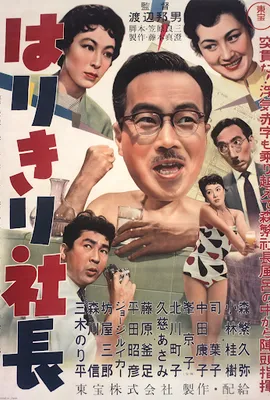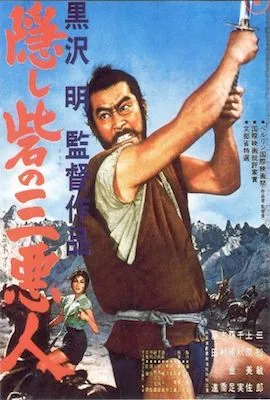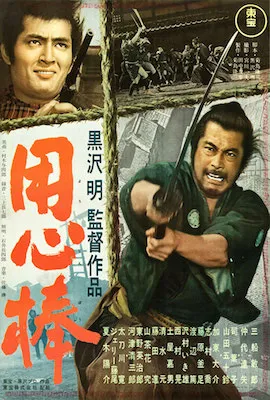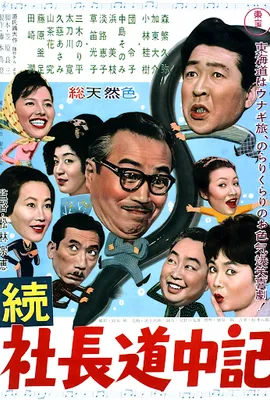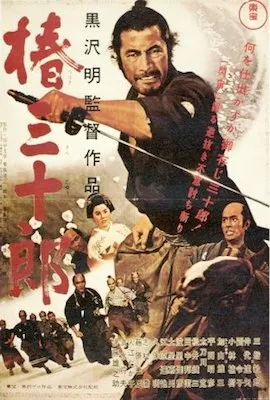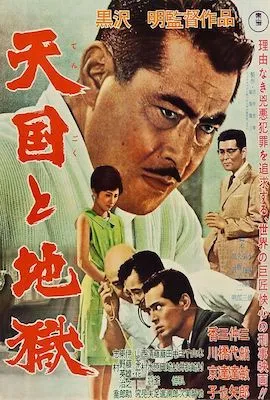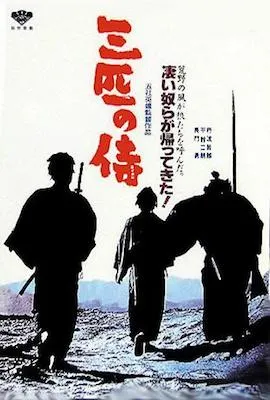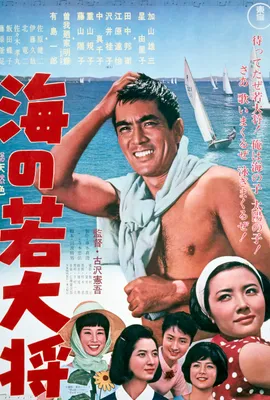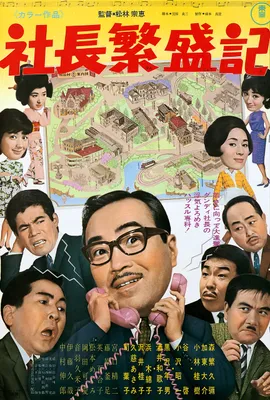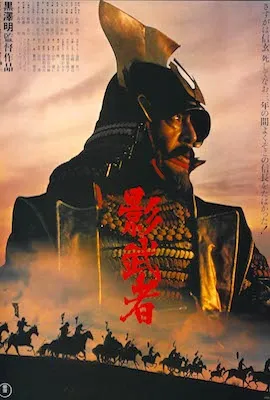Fujiwara Kamatari
Bio
Fujiwara Kamatari was a versatile character actor who became a fixture in the films of Kurosawa Akira. He began his career at age 15 with the Asakusa Opera Company, performing until the Great Kanto Earthquake of 1923 forced the company to disband. He then transitioned to comic theater, joining PCL (Toho's predecessor) in the 1930s where he frequently appeared alongside the popular comedian Enomoto Ken'ichi (aka "Enoken").
Fujiwara's collaboration with Kurosawa began with Ikiru (1952) and spanned over three decades. He is perhaps best known for his role as the bickering peasant Matashichi in The Hidden Fortress (1958). His pairing with Chiaki Minoru in this film is widely cited as the inspiration for the droids C-3PO and R2-D2 in George Lucas's Star Wars (1977).
In Seven Samurai (1954), Fujiwara played the memorable role of Manzô, the fearful farmer who forcibly cuts his daughter's hair to disguise her as a boy. Initially, Fujiwara played the character with more humor than Kurosawa intended, leading to on-set disagreements. However, Kurosawa later acknowledged that Fujiwara's interpretation added a necessary layer of humanity to the film.
Fujiwara continued to act until his death in 1985, leaving behind a legacy of memorable supporting performances in some of Japanese cinema's greatest works.
Selected Works
